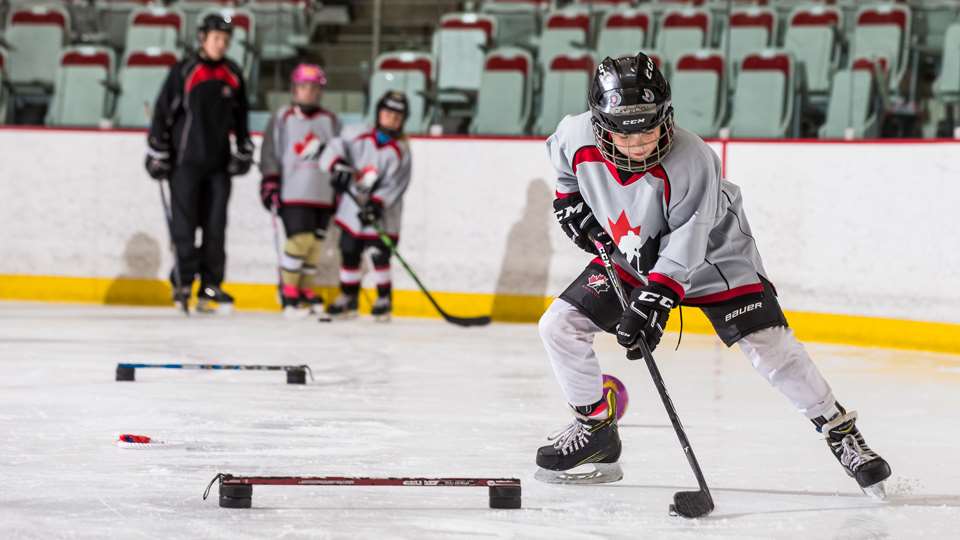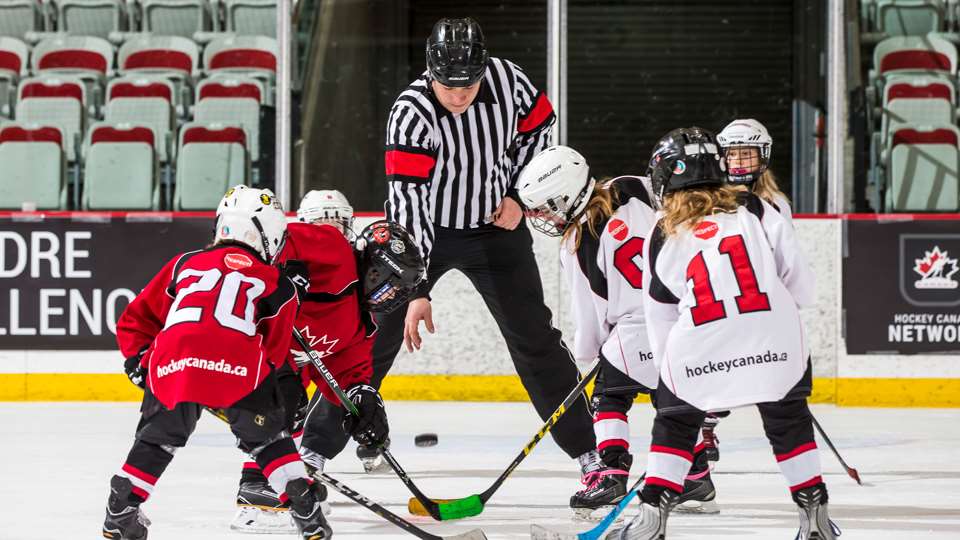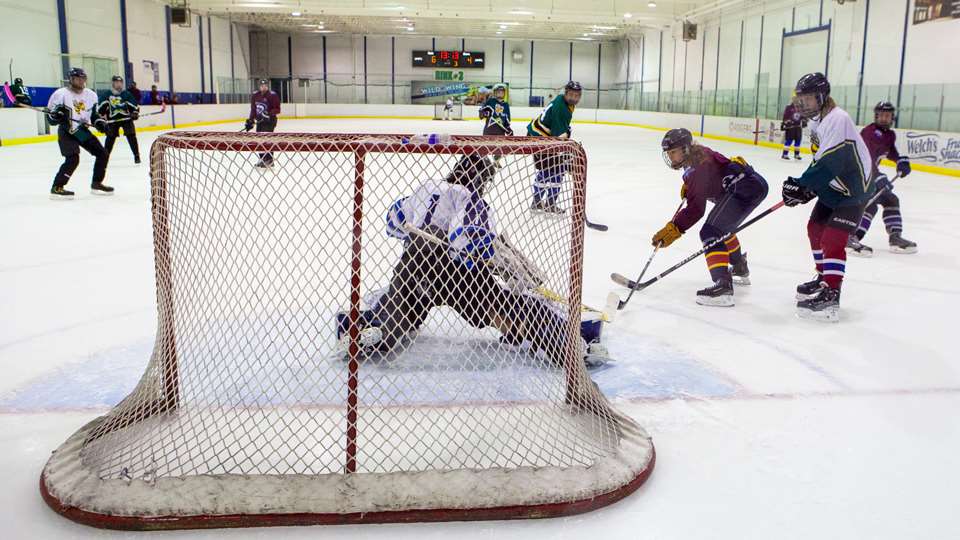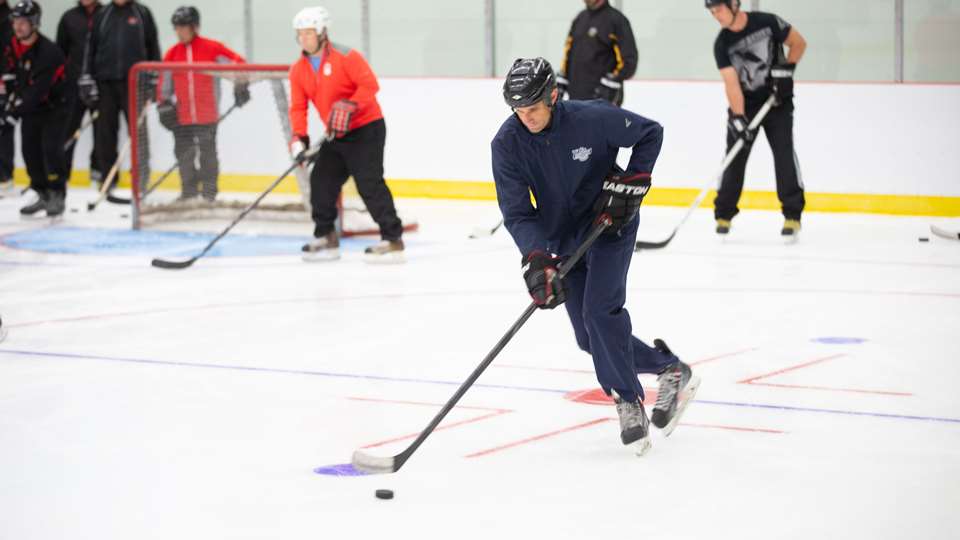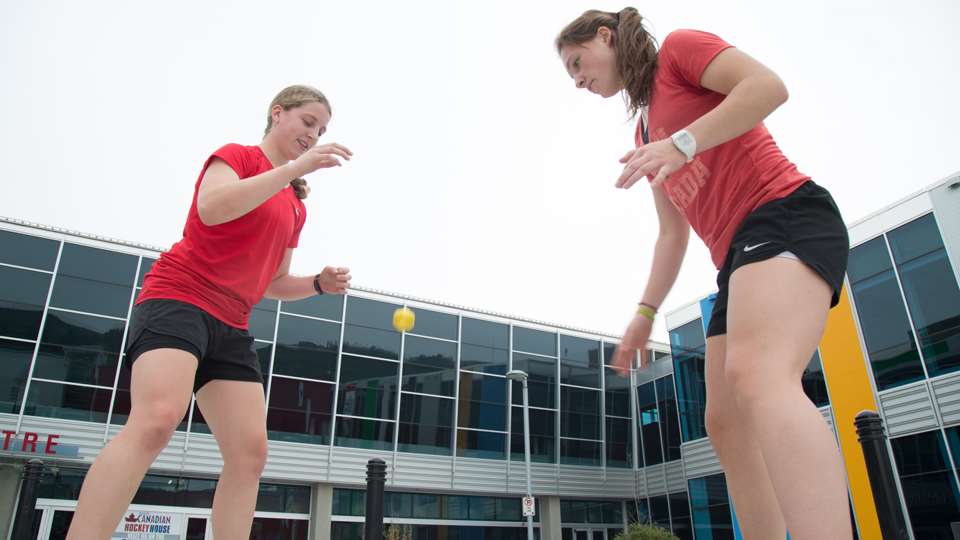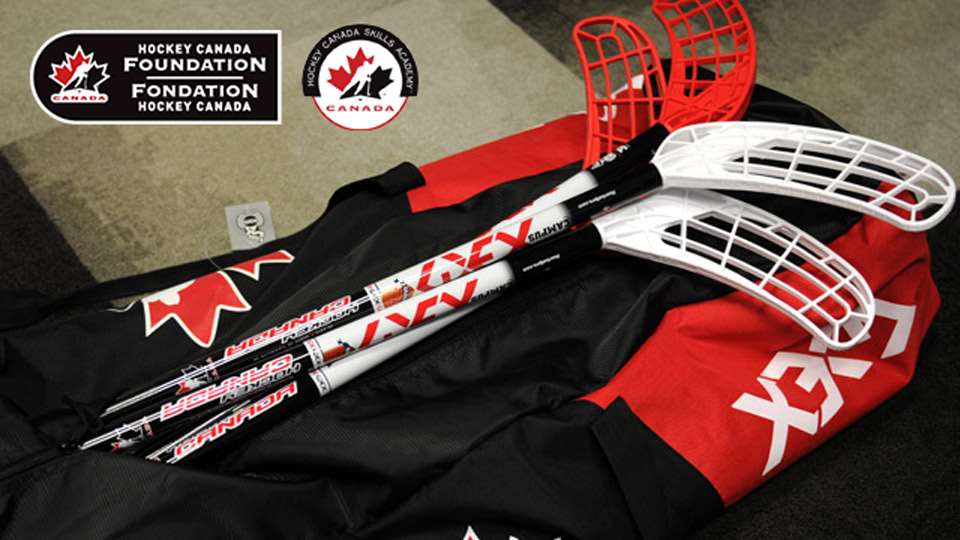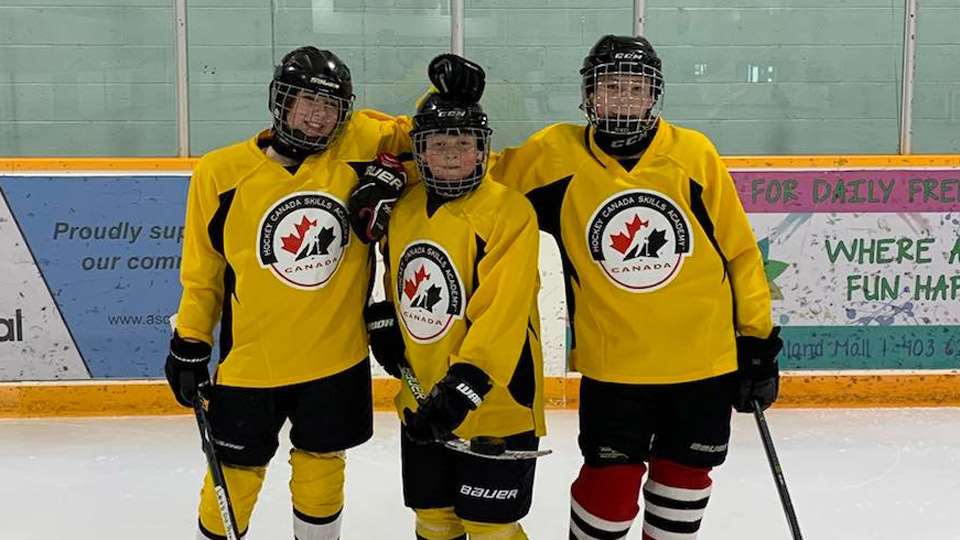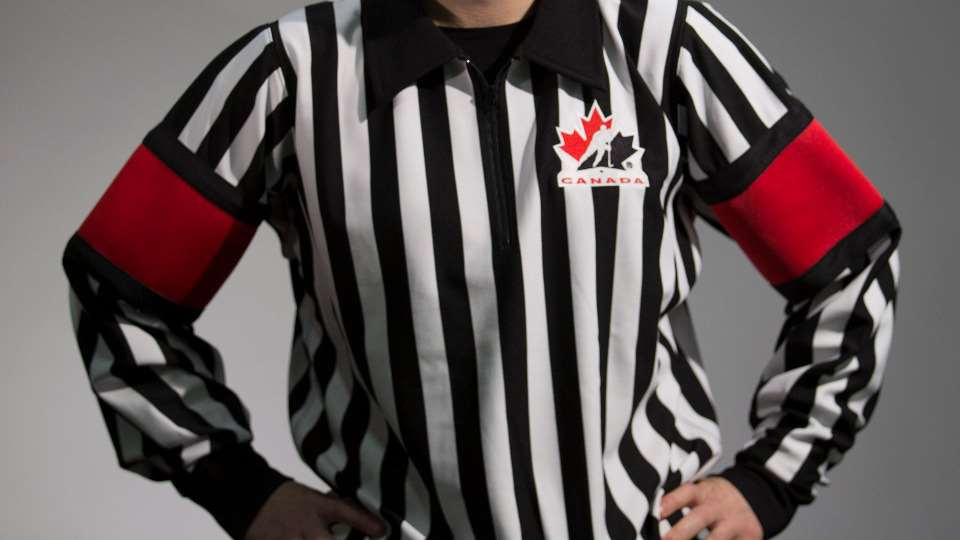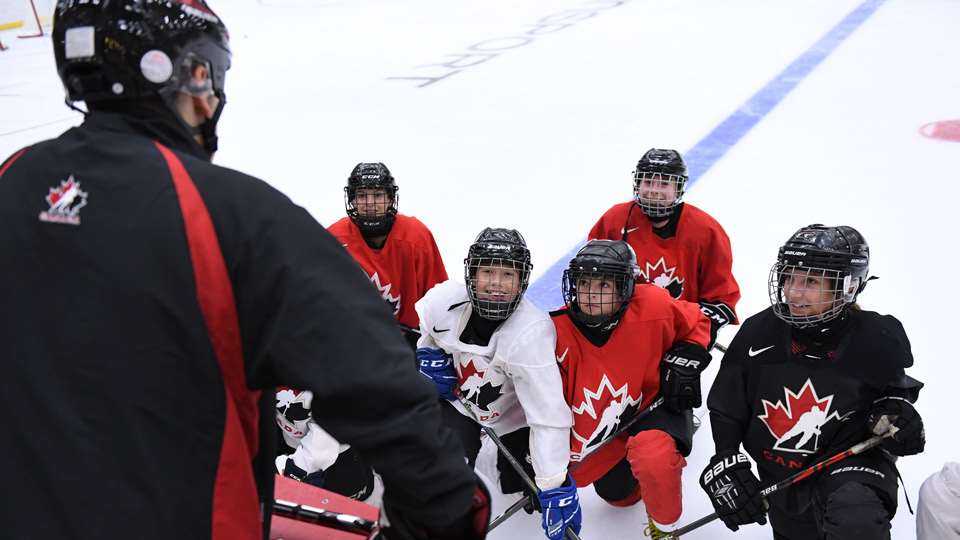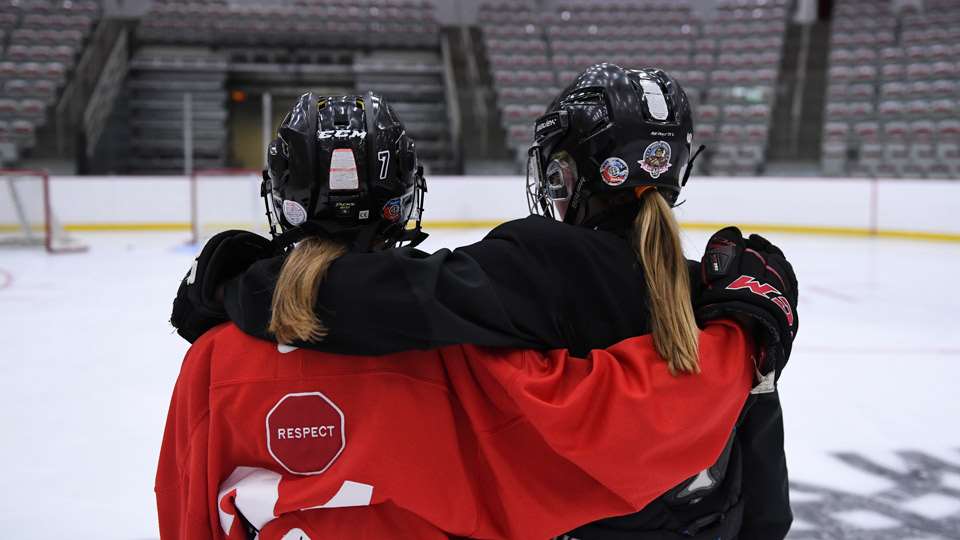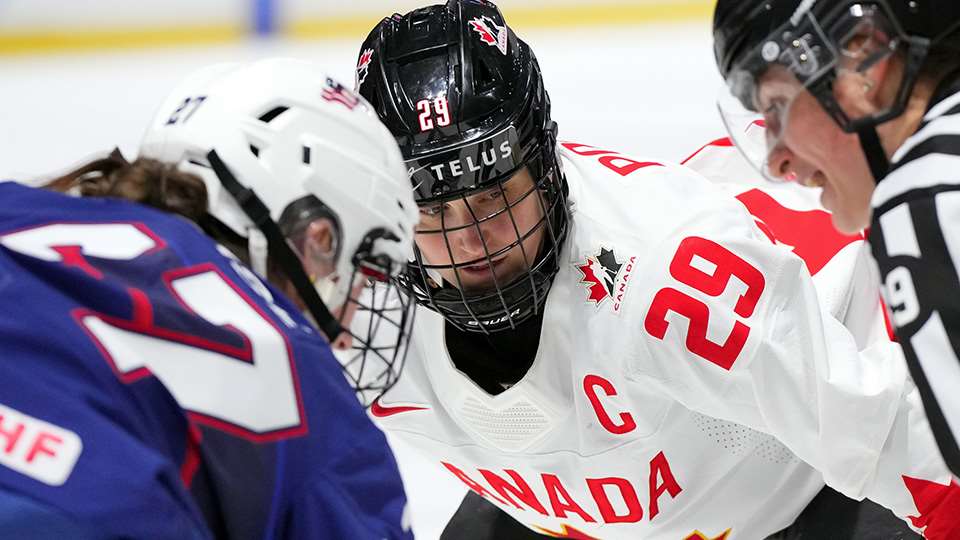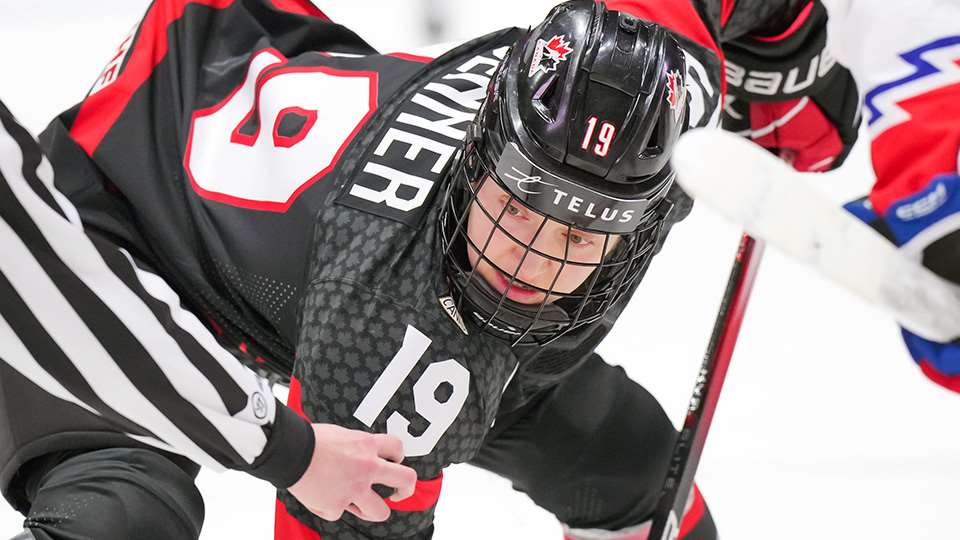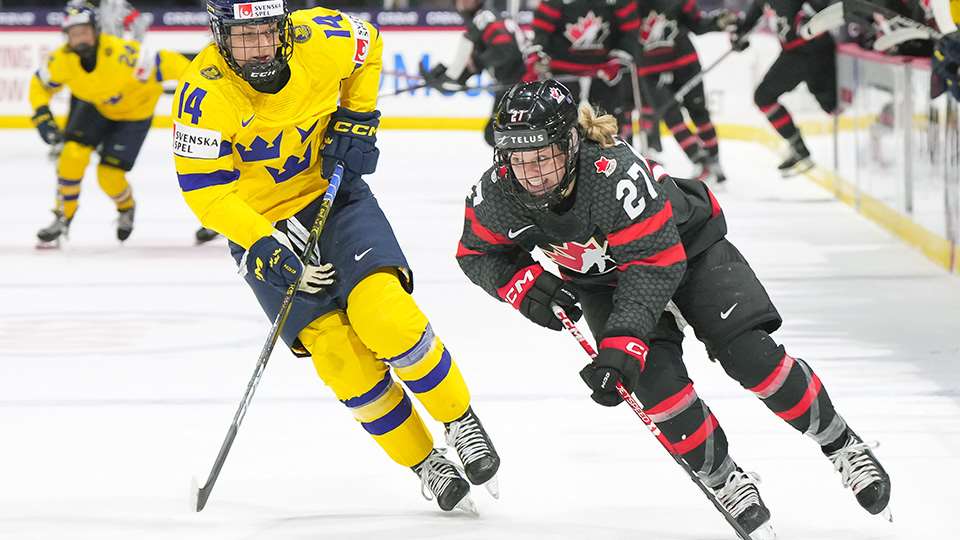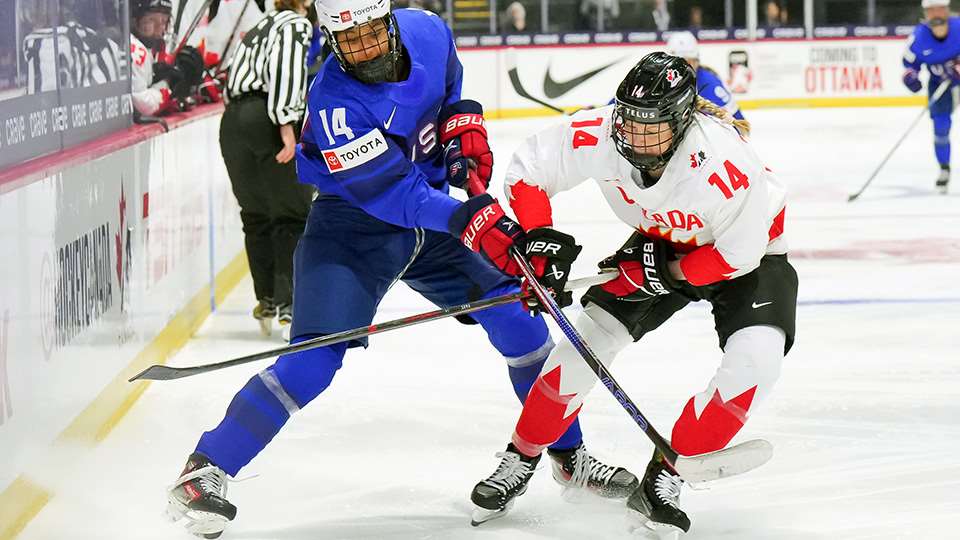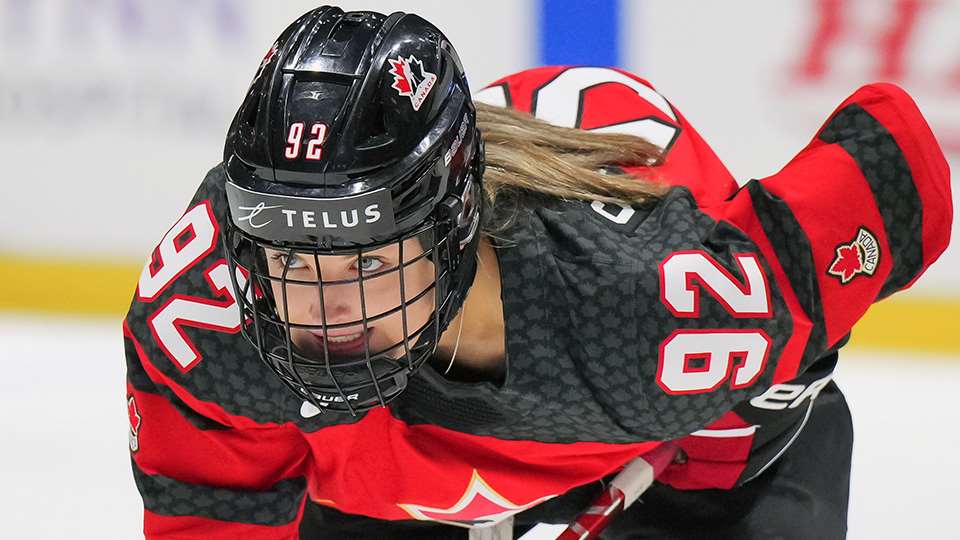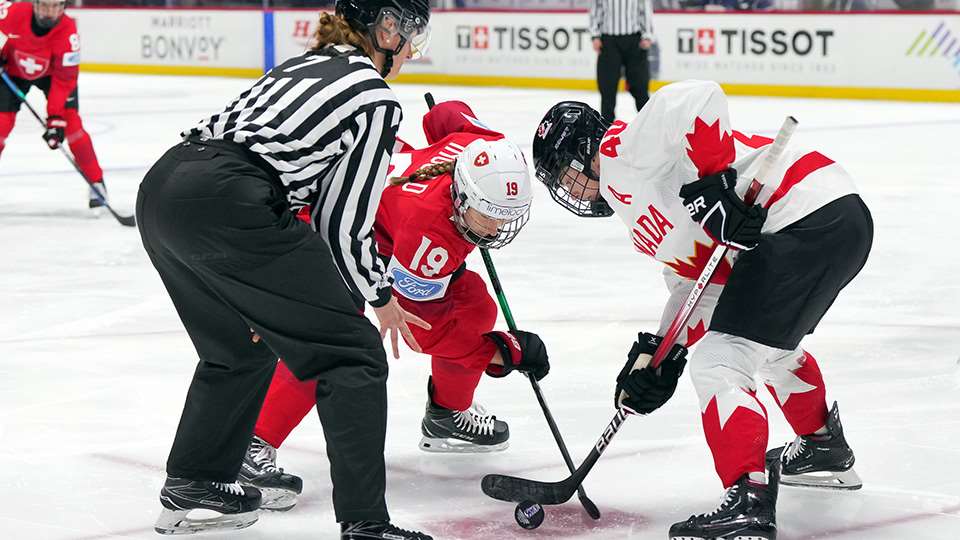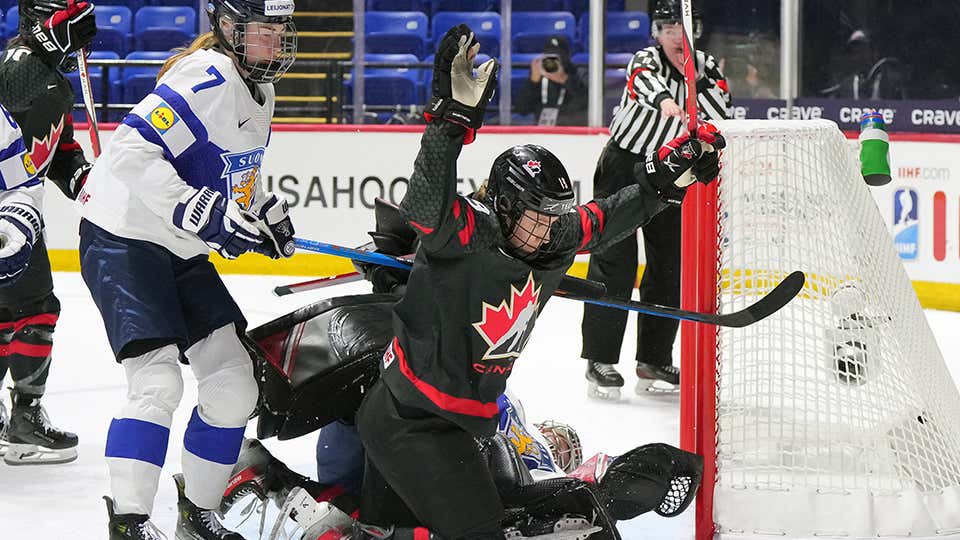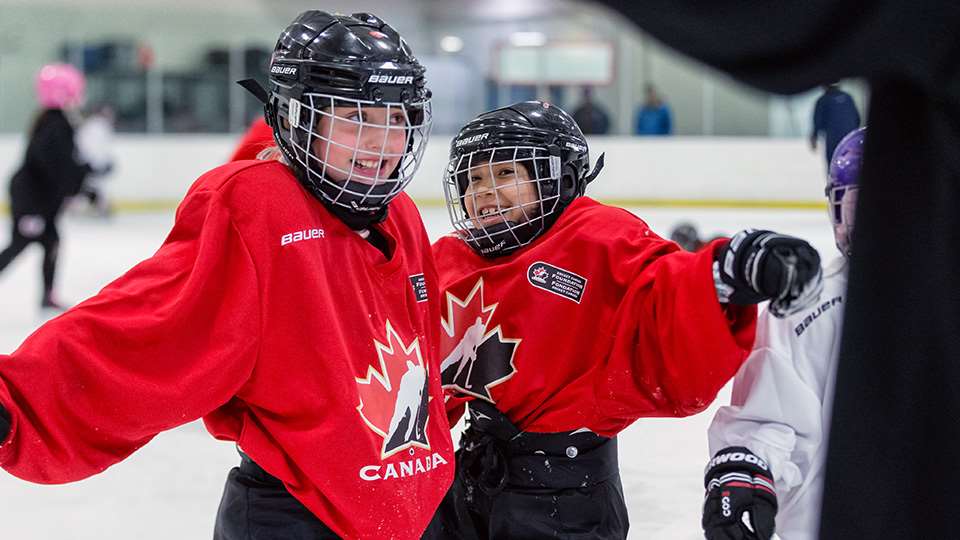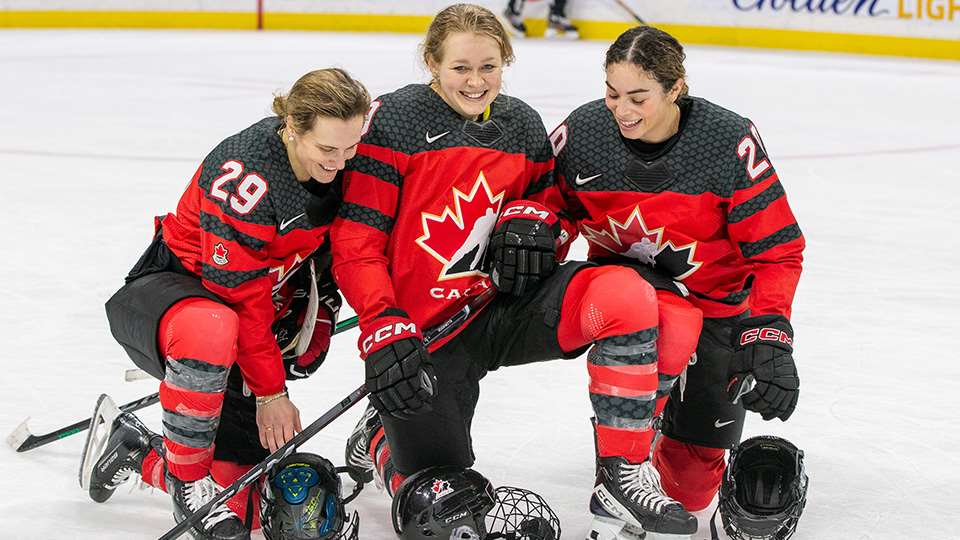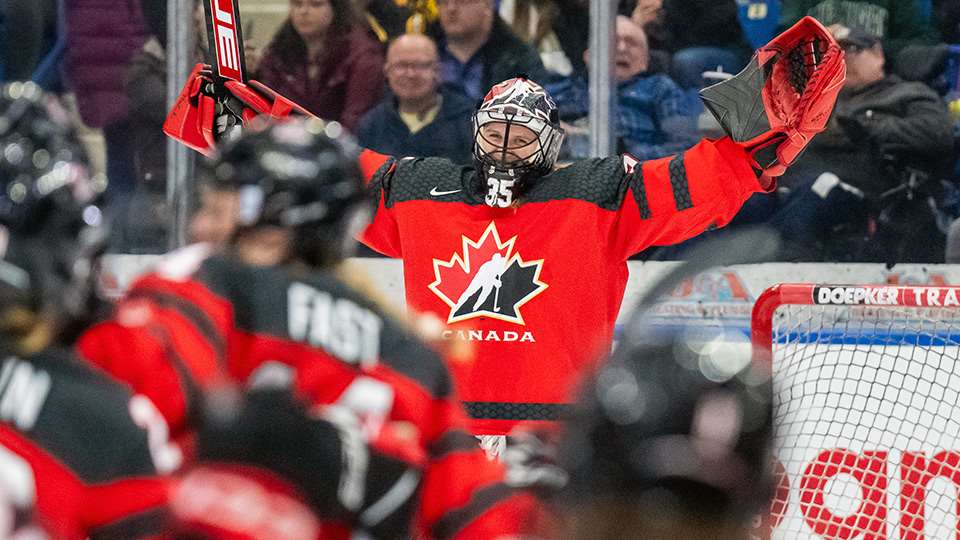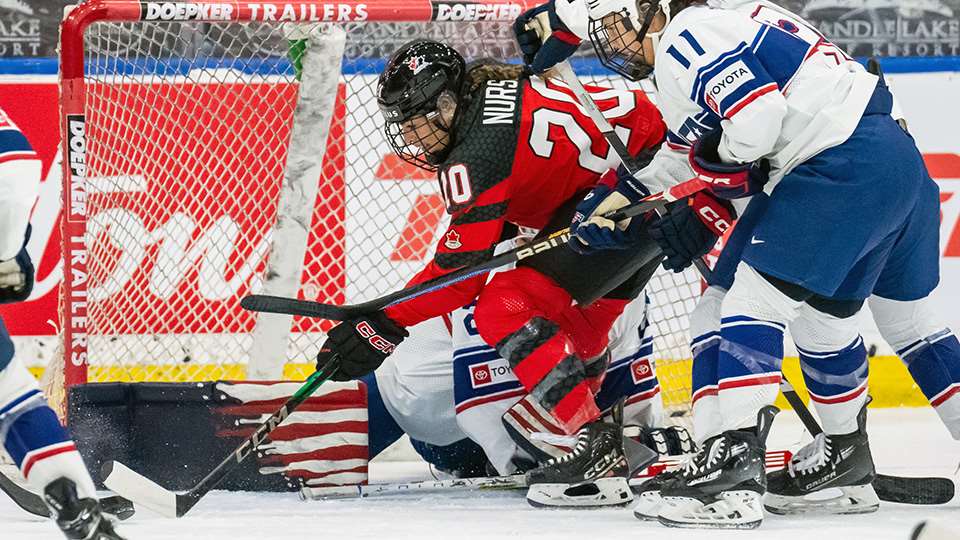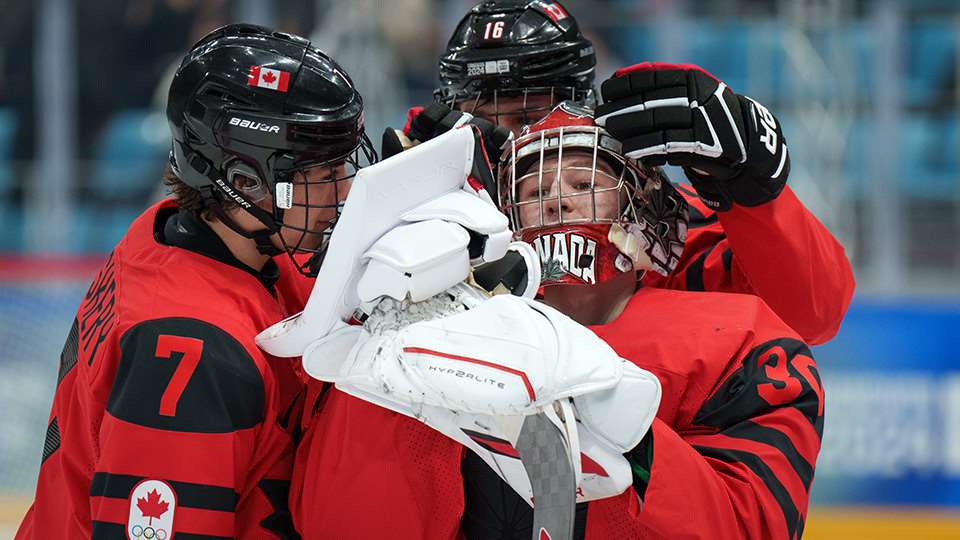
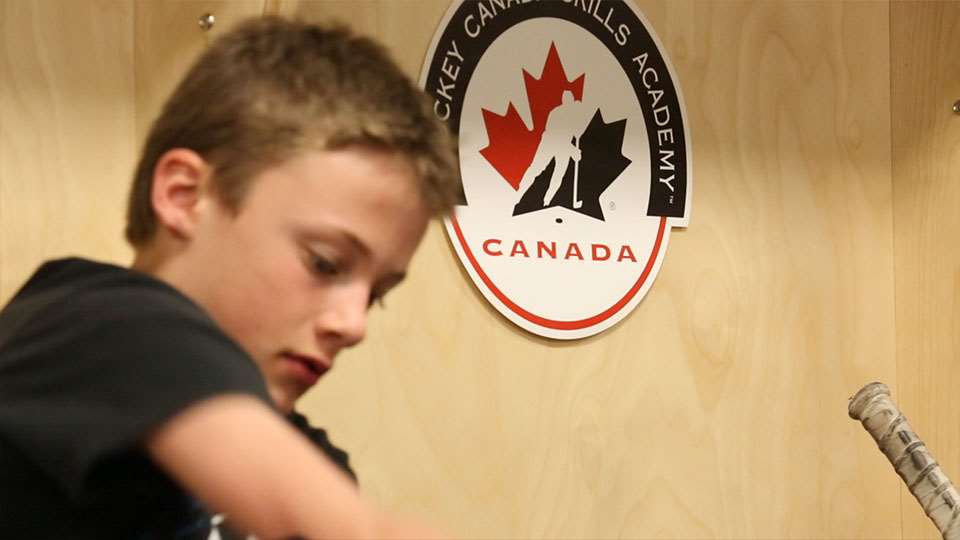
Academy seminar goes virtual
The 17th annual Hockey Canada Skills Academy seminar was unlike any of the previous 16, but the messaging didn’t change – the connection between athletics and academics is an important one

Last week, for the 17th time, Hockey Canada welcomed delegates from across the country to its annual Hockey Canada Skills Academy (HCSA) seminar.
This year, though, as has become the norm in the COVID-19 world, things were a little bit different.
Instead of filling a conference room with program leaders, the seminar went virtual for the first time with a record-setting 149 delegates (a typical year is around 100) watching 10 presentations – focused on both on-ice and classroom curriculum – across two-and-a-half days.
And while the face-to-face connection that is usually such a key piece of the seminar was missing, the messaging didn’t miss a beat.
“I was kind of hesitant – was it not going to be engaging, was it going to be kind of dry – but I found every speaker we had, their passion radiated through the screen,” says Janelle Forcand, female hockey coordinator with the Winnipeg Jets Hockey Academy and an instructor with the St. James-Assiniboia HCSA. “You know they’re truly doing it for the right reasons. It helps us as instructors and teachers to realize we are making a difference in the game of hockey. And not only just with making better hockey players; we are making more well-rounded individuals. We are developing these youth to go out into society and be great people.”
The move online created a unique opportunity to open the seminar up; by welcoming in more delegates than usual, it allowed the information to be delivered straight to those who need it most.
Instead of just one attendee per HCSA program, as has been the norm in previous years, and that person taking the information back to the rest of their staff, there was a direct link that hadn’t previously existed.
“Our programs don’t just have one person on the ice leading sessions,” says Teal Gove, manager of hockey development with Hockey Canada who helps spearhead the HCSA program at a national level. “Some programs have five, 10 different instructors and coaches, so for them to be able to get that information first-hand and get a full two-and-a-half days of professional development to bring back directly to their schools, we were so excited to be able to offer that to all programs.”
“To see how successful it can be virtually, once it can be back in person you can potentially have it as a virtual option as well for those people who may not be able to be there in person, or may not have the proper funding to be able to send someone to Calgary,” Forcand adds. “The more people you can reach out to and educate, the more successful you program is going to be.
“Looking at the positive from a negative outcome, we couldn’t be all together in person, but here we are seeing it can be successful virtually. Maybe we can adapt and do both – we can have it in person while people are in their hometowns watching virtually, and reaching out to as many educators as possible.”
The HCSA program is a unique one in that it caters to players of all ages and skill levels. According to Gove, somewhere around 20% of the 5,500 students enrolled the 154 programs from coast to coast to coast during the 2019-20 school year don’t play the game outside of the HCSA.
That makes their experience, both on an off the ice, that much more important.
“Their first time touching the ice and experiencing hockey is through the Skills Academy program,” she says, “so it’s really important that we provide our instructors with the tools to be able to support those new-to-hockey players, especially in making sure that their first experience with hockey is a safe, fun and positive one.”
That was the message from keynote speaker Andrew Ference on Thursday night.
Ference, a Team Canada alumnus and Stanley Cup champion, works with the NHL as director of social impact, growth and fan development under executive vice-president Kim Davis.
“He talked about the role that some of his former teachers played in his life, and he just emphasized to the teachers the impact that they can have on their students, and that hockey should be fun,” Gove says. “Yes, skill development is so important, but it needs to be fun.
“And he talked about, too, that we can’t just say we’re a welcoming environment and everyone is welcome here, and then not go out and intentionally bring those kids in that we want to attract to hockey. Our schools and our teachers play a huge role in making sure that everyone is welcome.”
At the end of the days, while the information gleaned from 11-and-a-half hours of presentations is invaluable to teachers and instructors, the biggest takeaway Gove wanted delegates to leave with was a pretty simple one.
“The impact that they have on the lives of their students. We heard this reiterated a few times throughout presentations – the rink should be a destination, and for a lot of students, coming to the Hockey Canada Skills Academy program is the most exciting and fun and positive part of their school day. We want teachers to take away the role that they play in making the academic experience of their students such a positive one through hockey.”
For more information: |
- <
- >

















